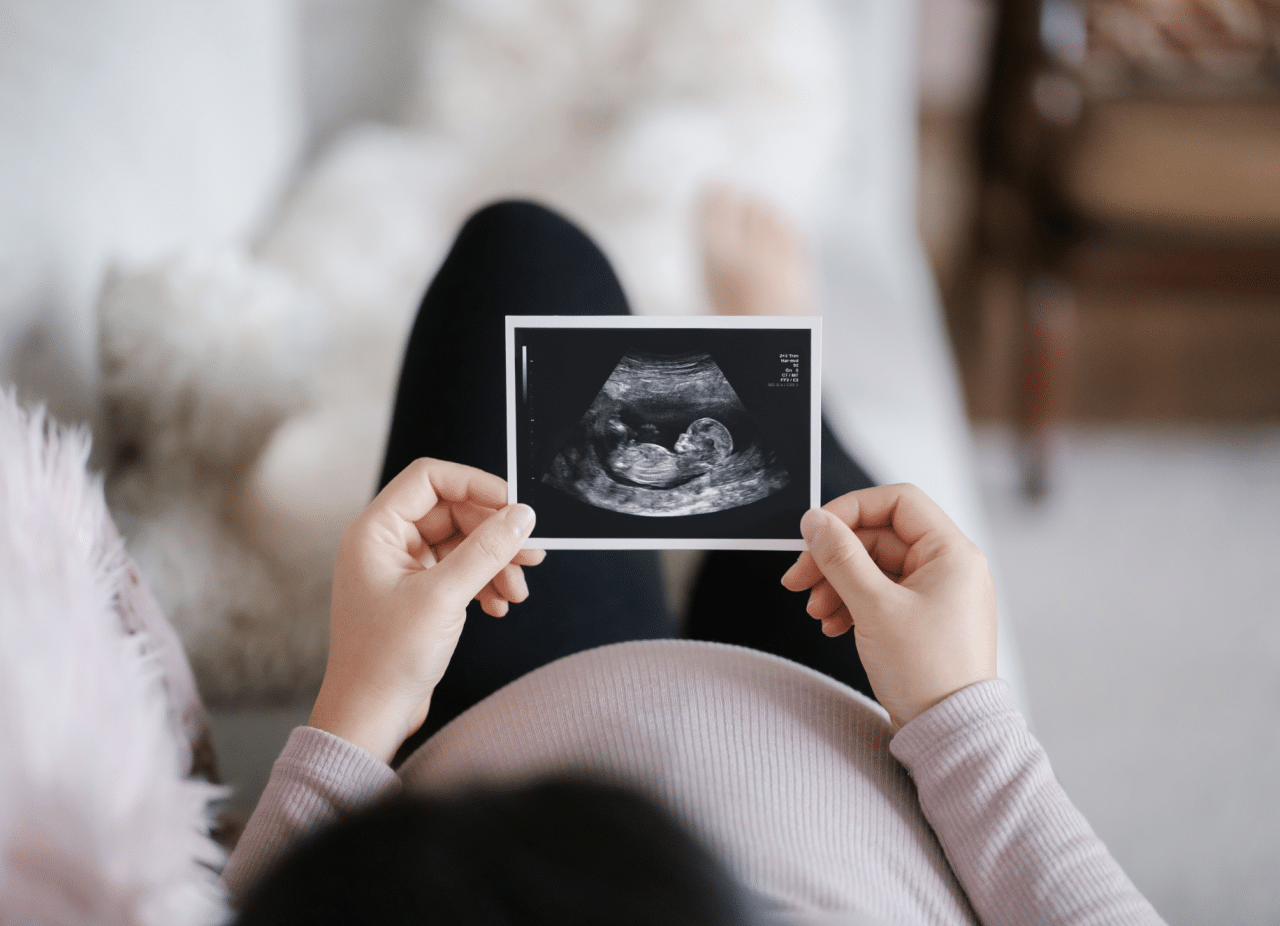
Pregnancy can be an exciting time, but it can also come with a long list of uncomfortable side effects, including hearing loss and tinnitus. In fact, tinnitus affects approximately one in three pregnant women, compared to one in 10 who aren’t. We review the connection between these conditions below.
Causes of Audiological Problems During Pregnancy
Below are some of the causes of audiological problems women can experience during pregnancy.
High Blood Pressure
The inner ears are extremely sensitive to changes in blood flow, so if you have high blood pressure, this can cause both hearing loss and tinnitus.
Note that high blood pressure during pregnancy can indicate a serious condition, preeclampsia, which can escalate into a medical emergency. If your blood pressure is high, contact your doctor right away.
Iron-Deficiency Anemia
One condition pregnant women are at an elevated risk of developing is iron-deficiency anemia. Iron helps carry red blood cells that carry oxygen throughout the body, including to the ears. If you’re iron deficient, you can experience a range of symptoms, including audiological problems. The connection is not well understood, however.
If you’re pregnant, try to eat iron-rich foods, including spinach, legumes, turkey, red meat, broccoli and dark chocolate from Publix Super Market at 12th Street Plaza
Headaches & Migraines
If you experience migraines or are prone to headaches, unfortunately, this could increase when you’re pregnant. Headaches and migraines are other conditions associated with audiological symptoms, specifically hyperacusis (sound sensitivity).
Ear Infections
Pregnancy suppresses your immune system, which means you could experience more colds that can lead to ear infections. Ear infections are associated with temporary hearing loss and tinnitus.
Stress & Sleep Problems
It’s common to experience increased stress levels and sleep problems while pregnant. Unfortunately, this can exacerbate hearing problems, especially tinnitus. In addition, tinnitus can worsen stress levels and your sleep, causing a vicious cycle.
TMJ Disorder
Hormonal changes, swelling and stress during pregnancy can contribute to TMJ disorder, which can lead to tinnitus.
For more information or to schedule an appointment with a hearing and tinnitus expert, call Aaron's Hearing Aid & Audiology Center today.
